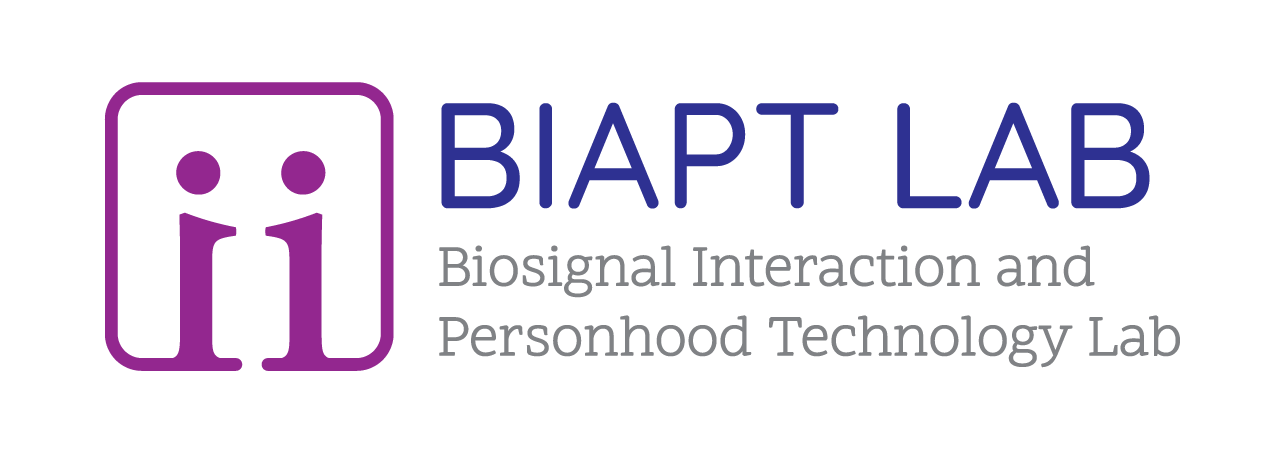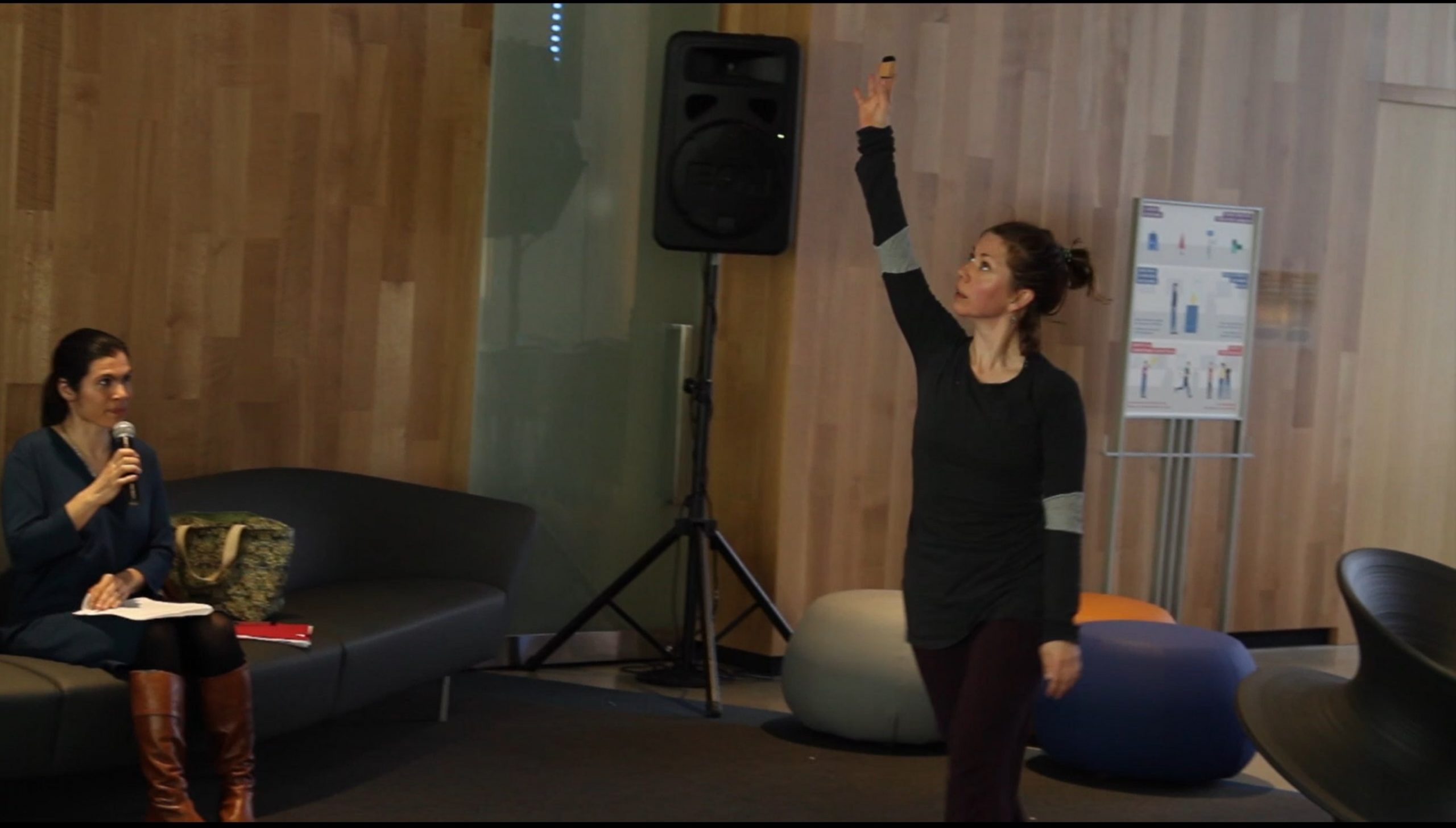The BIAPT lab saw potential for using biomusic in everyday situations with individuals on the neurological spectrum, such as those with autism spectrum disorder (ASD). Before interfacing biomusic technology with individuals with autism, we first determined the ethical issues and concerns that stakeholders had about this affective technology, in addition to determining the situations where stakeholders foresaw the technology as being the most useful. To this end, we hosted an extended, immersive experience of biomusic for stakeholders, funded through a Social Sciences and Humanities Research Council (SSHRC) of Canada Connection Grant. “Interfacing Biomusic and Autism: The everyday ethics of representing the physiological of what moves us” was an intersectoral, interdisciplinary and international initiative consisting of 4 events that took place from April 23-25, 2017 in community, cultural and academic venues in Montreal. This initiative hosted 30 people including a group of citizen stakeholders (e.g. persons on the spectrum and family members, educators and employers of persons on the spectrum) who possess experiential knowledge of where and in which situations this technology could be applied; academics holding both theoretical and technical knowledge; and members of the wearable sensor industry who could provide insight into best practices. The outcomes from this event were published in IEEE Transactions on Affective Computing: “Participatory Design of Affective Technology: Interfacing Biomusic and Autism.” Theoretical insights about biomusic generated through this event were published in the Journal of Humanities in Rehabilitation: “What’s at stake with biomusic? Engaging the humanities and social sciences in the ethical reflections on an emerging technology.”
Outcomes of this workshop included a new collaboration with one of the partnering organizations, Spectrum Productions, whose vision is to provide meaningful employment and professional skills to young people with ASD. The directors and employees at Spectrum Productions expressed interest in exploring the potentialities of biomusic within their work environment. We launched a project to 1) engage youth with ASD who are interns at Spectrum Productions as co-designers of biomusic, using their technical and creative skills to tailor the auditory display of biomusic to their own personal sensory and musical preferences; 2) develop prototypes of the technology to address specific participant-identified challenges of working in a professional environment; 3) enable all participants to disseminate outcomes of this project through public presentations, documentary video and publications; and 4) develop a model for co-design with youth with ASD that can be applied by other teams. Reflections on the process of working together across the neurodiversity spectrum were published in Human Organization: “Working Together: Ethnographic Observations on Participatory Design Involving Adults with Autism”, and workshop results were presented at the Affective Computing and Intelligent Interaction conference: “Participatory design of biomusic with users on the autism spectrum”.
This work was funded through a Social Sciences and Humanities Research Council (SSHRC) of Canada Partnership Engage Grant.

